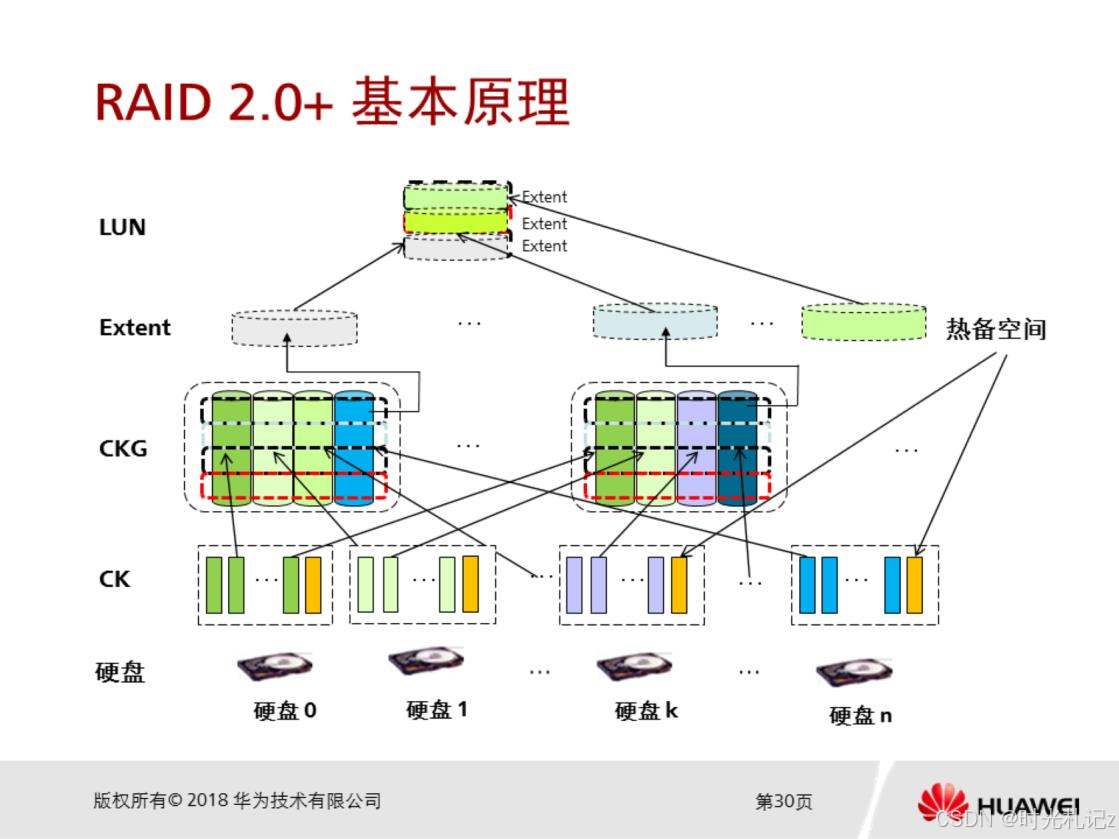JavaScript工程化实践:模块化开发详解 📦
在现代JavaScript开发中,模块化已经成为构建可维护应用的核心。本文将深入探讨JavaScript的模块化开发实践。
模块化的演进历程 🌟
💡 小贴士:JavaScript模块化经历了从全局变量、命名空间、CommonJS到ES Modules的演进过程。每个阶段都解决了特定的问题,推动了前端工程化的发展。
// Evolution of JavaScript Modules// Stage 1: Global Variables
var globalApp = {data: {},methods: {}
};// Stage 2: Namespace Pattern
const NamespaceApp = {data: {users: [],settings: {}},methods: {initialize() {},configure() {}}
};// Stage 3: IIFE Module Pattern
const ModuleApp = (function() {// Private variables and methodslet privateData = {};function privateMethod() {// Implementation}// Public APIreturn {publicData: {},publicMethod() {privateMethod();}};
})();// Stage 4: CommonJS
// userModule.js
const dependencies = require('./dependencies');module.exports = {getUser() {return dependencies.fetch('/user');}
};// Stage 5: ES Modules
// modern-module.js
import { dependency } from './dependencies.js';export class ModernModule {constructor() {this.initialized = false;}async initialize() {await dependency.setup();this.initialized = true;}
}
现代模块化实践 🔧
// Modern Module System Implementation
class ModuleSystem {constructor() {this.modules = new Map();this.dependencies = new Map();}// Register module with dependenciesdefine(name, dependencies, factory) {this.dependencies.set(name, dependencies);this.modules.set(name, {factory,initialized: false,exports: {}});}// Resolve module dependenciesrequire(name) {const module = this.modules.get(name);if (!module) {throw new Error(`Module ${name} not found`);}if (!module.initialized) {this.initializeModule(name, module);}return module.exports;}// Initialize module and its dependenciesinitializeModule(name, module) {const dependencies = this.dependencies.get(name);const resolvedDeps = dependencies.map(dep => this.require(dep));module.exports = module.factory(...resolvedDeps);module.initialized = true;}
}
模块打包与构建 📦
// Module Bundler Implementation
class ModuleBundler {constructor() {this.moduleGraph = new Map();this.bundleConfig = {entry: '',output: '',plugins: []};}// Analyze module dependenciesasync analyzeDependencies(entryPath) {const visited = new Set();const dependencies = [];async function traverse(path) {if (visited.has(path)) return;visited.add(path);const content = await this.readFile(path);const moduleDeps = this.parseImports(content);for (const dep of moduleDeps) {dependencies.push({from: path,to: dep});await traverse(dep);}}await traverse(entryPath);return dependencies;}// Bundle modulesasync bundle() {const graph = await this.buildDependencyGraph();const sortedModules = this.topologicalSort(graph);return this.generateBundle(sortedModules);}// Generate optimized bundlegenerateBundle(modules) {return `(function(modules) {function require(id) {const module = { exports: {} };modules[id](module, module.exports, require);return module.exports;}require('${this.bundleConfig.entry}');})({${modules.map(this.wrapModule).join(',\n')}});`;}
}
模块化测试实践 🧪
// Module Testing Framework
class ModuleTestFramework {constructor() {this.tests = new Map();this.mocks = new Map();}// Define test suite for moduledescribe(moduleName, testCases) {this.tests.set(moduleName, testCases);}// Mock module dependenciesmockModule(modulePath, mockImplementation) {this.mocks.set(modulePath, mockImplementation);}// Run module testsasync runTests(moduleName) {const testCases = this.tests.get(moduleName);const results = [];for (const [testName, testFn] of Object.entries(testCases)) {try {await testFn();results.push({name: testName,status: 'passed'});} catch (error) {results.push({name: testName,status: 'failed',error});}}return {moduleName,results,summary: this.generateTestSummary(results)};}
}
模块化最佳实践 💡
// Module Best Practices Examples
class ModuleBestPractices {// Single Responsibility Principleclass UserModule {constructor(api) {this.api = api;}async getUser(id) {return this.api.fetch(`/users/${id}`);}async updateUser(id, data) {return this.api.put(`/users/${id}`, data);}}// Dependency Injectionclass ServiceModule {constructor(dependencies) {this.logger = dependencies.logger;this.cache = dependencies.cache;this.api = dependencies.api;}async getData(key) {try {const cached = await this.cache.get(key);if (cached) return cached;const data = await this.api.fetch(key);await this.cache.set(key, data);return data;} catch (error) {this.logger.error(error);throw error;}}}
}
工程化最佳实践 ⚙️
-
模块设计原则:
- 单一职责
- 高内聚低耦合
- 依赖注入
- 接口一致性
-
依赖管理:
- 使用包管理器
- 版本控制
- 依赖更新策略
- 安全审计
-
构建优化:
- 代码分割
- 树摇优化
- 按需加载
- 缓存策略
💡 提示:好的模块化设计是构建可维护应用的基础,需要在开发初期就建立正确的模块化思维。
实施建议 🎯
- 建立清晰的模块边界
- 实施依赖管理策略
- 编写模块化测试
- 优化构建流程
- 持续重构改进
如果你觉得这篇文章有帮助,欢迎点赞收藏,也期待在评论区看到你的想法和建议!👇
终身学习,共同成长。
咱们下一期见
💻



















